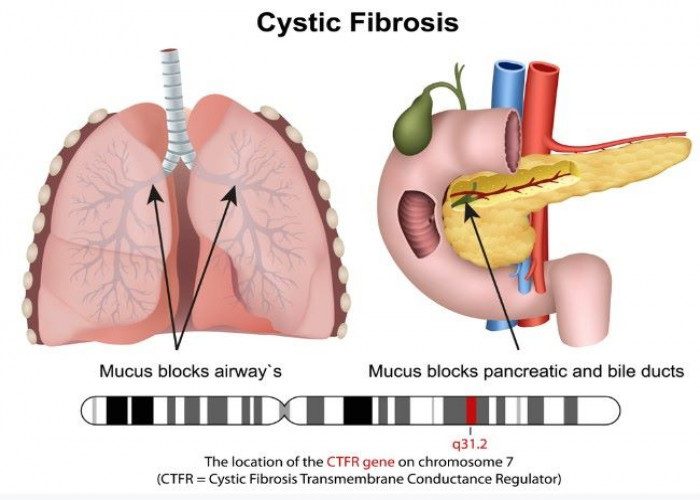 Welcome
Welcome
“May all be happy, may all be healed, may all be at peace and may no one ever suffer."
Cystic fibrosis
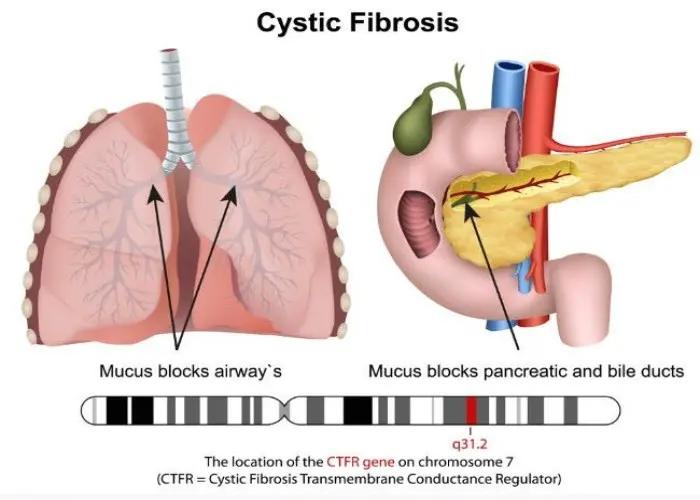
Cystic fibrosis is a genetic disorder that affects the lungs, pancreas, and other organs. It is caused by mutations in the cystic fibrosis transmembrane conductance regulator (CFTR) gene, which is responsible for producing a protein that regulates the movement of salt and water in and out of cells.
In individuals with cystic fibrosis, the CFTR protein is either missing or not functioning properly, which results in thick, sticky mucus in the lungs, pancreas, and other organs. This mucus can lead to a variety of health problems, including lung infections, difficulty breathing, digestive problems, and infertility.
Symptoms of cystic fibrosis can vary depending on the severity of the disease but may include chronic cough, recurrent lung infections, wheezing, shortness of breath, poor growth or weight gain, and salty-tasting skin.
Diagnosis of cystic fibrosis involves a combination of genetic testing, sweat testing, and other clinical tests to assess lung function and overall health. Treatment may involve a combination of medications, physical therapy, and lifestyle modifications to manage symptoms and prevent complications.
Complications of cystic fibrosis can include lung damage, malnutrition, diabetes, liver disease, and infertility. It is important for individuals with cystic fibrosis to work closely with their healthcare providers to manage their condition and prevent complications. Research is ongoing to develop new treatments and potential cures for cystic fibrosis.
Research Papers
Disease Signs and Symptoms
- Heredity problem
- Intolerance
- Repeated lung infections
- Gray stool (steatorrhea)
- Rapid weight gain
- A persistent cough that produces thick mucus (sputum)
- Intestinal blockage, particularly in newborns (meconium ileus)
Disease Causes
Cystic fibrosis
In cystic fibrosis, a defect (mutation) in a gene — the cystic fibrosis transmembrane conductance regulator (CFTR) gene — changes a protein that regulates the movement of salt in and out of cells. The result is thick, sticky mucus in the respiratory, digestive and reproductive systems, as well as increased salt in sweat.
Many different defects can occur in the gene. The type of gene mutation is associated with the severity of the condition.
Children need to inherit one copy of the gene from each parent in order to have the disease. If children inherit only one copy, they won't develop cystic fibrosis. However, they will be carriers and could pass the gene to their own children.
Disease Prevents
Cystic fibrosis
If you or your partner has close relatives with cystic fibrosis, you both may choose to have genetic testing before having children. The test, which is performed in a lab on a sample of blood, can help determine your risk of having a child with CF.
If you're already pregnant and the genetic test shows that your baby may be at risk of cystic fibrosis, your doctor can conduct additional tests on your developing child.
Genetic testing isn't for everyone. Before you decide to be tested, you should talk to a genetic counselor about the psychological impact the test results might carry.
Disease Treatments
There is no cure for cystic fibrosis, but treatment can ease symptoms, reduce complications and improve quality of life. Close monitoring and early, aggressive intervention is recommended to slow the progression of CF, which can lead to a longer life.
Managing cystic fibrosis is complex, so consider getting treatment at a center with a multispecialty team of doctors and medical professionals trained in CF to evaluate and treat your condition.
The goals of treatment include:
- Preventing and controlling infections that occur in the lungs
- Removing and loosening mucus from the lungs
- Treating and preventing intestinal blockage
- Providing adequate nutrition
Medications
Options include:
- Medications that target gene mutations, including a new medication that combines three drugs to treat the most common genetic mutation causing CF and is considered a major achievement in treatment
- Antibiotics to treat and prevent lung infections
- Anti-inflammatory medications to lessen swelling in the airways in your lungs
- Mucus-thinning drugs, such as hypertonic saline, to help you cough up the mucus, which can improve lung function
- Inhaled medications called bronchodilators that can help keep your airways open by relaxing the muscles around your bronchial tubes
- Oral pancreatic enzymes to help your digestive tract absorb nutrients
- Stool softeners to prevent constipation or bowel obstruction
- Acid-reducing medications to help pancreatic enzymes work better
- Specific drugs for diabetes or liver disease, when appropriate
Disease Diagnoses
Disease Allopathic Generics
Disease Ayurvedic Generics
Disease Homeopathic Generics
Disease yoga
Cystic fibrosis and Learn More about Diseases

Brucellosis

Pulmonary fibrosis
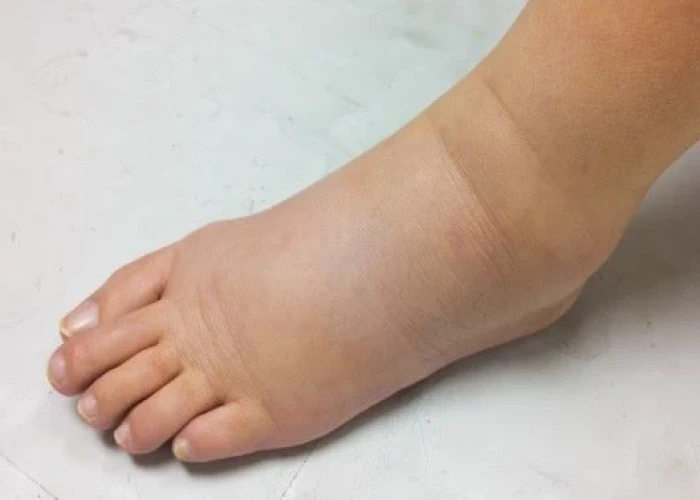
Lymphedema

Secondary hypertension

Wrist pain

Bronchiolitis
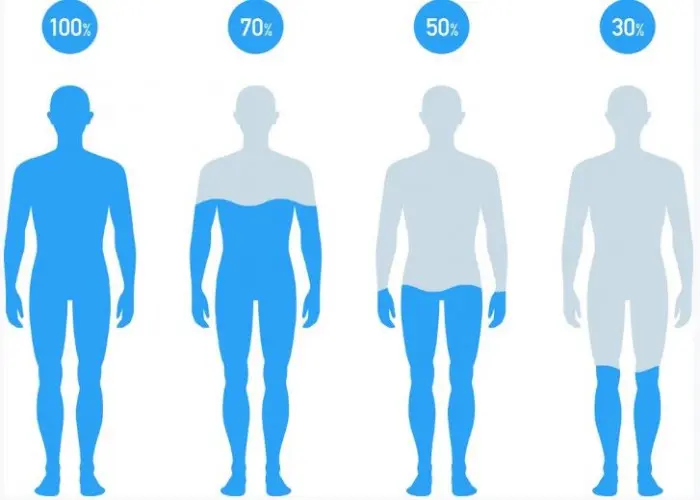
Dehydration
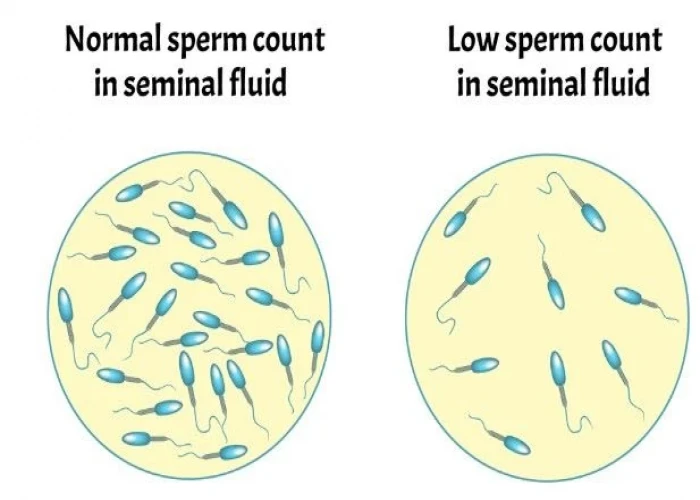
Low sperm count
Cystic fibrosis, Cystic, Cystic fibrosis symptoms, সিস্টিক ফাইব্রোসিস
To be happy, beautiful, healthy, wealthy, hale and long-lived stay with DM3S.
